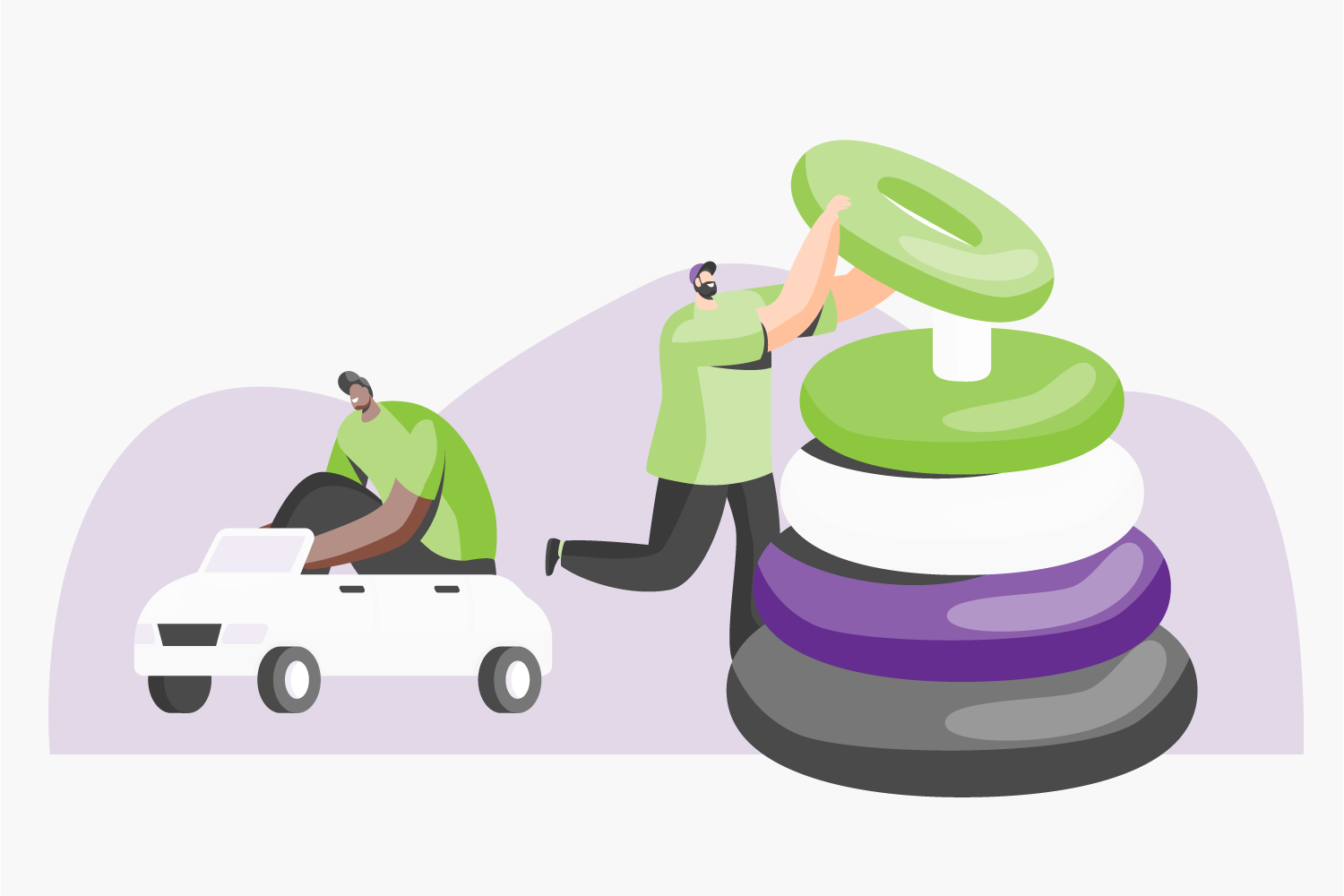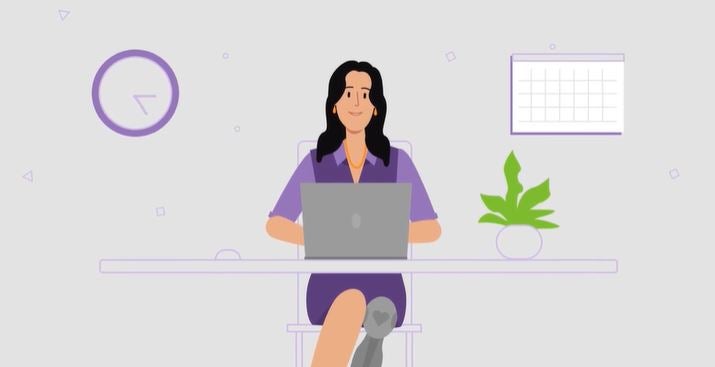Primary school teacher job description
Where we source our data
Let's get real. Job information online can often be overly optimistic — conveniently glossing over the raw bits. But when you're making decisions about your future, you need all the facts.
That's why we anonymously surveyed primary school teachers about their job, with hopes of getting an honest insight into what it's really like.
While we did our best to ensure respondents were Australians and verified their job titles with proof of employment, we can't guarantee complete accuracy — or that your experiences in the field will reflect theirs. So, we suggest that you take these insights as a guide only and try to talk to people in the field before making an important decision.
Tasks and responsibilities for a primary school teacher
Being a primary school teacher involves a diverse range of tasks and responsibilities, including:
- Developing lesson plans
- Delivering engaging and interactive lessons
- Assessing student performance
- Managing classroom behaviour
- Fostering a positive learning atmosphere
- Maintaining class records
- Discussing individual progress and problems with students and parents
How to become a primary school teacher
-
Study
Study a Bachelor of Education (Primary) degree from an accredited institution, specialising in primary education, and build your knowledge on child development, curriculum design and standards, and teaching methodologies.
This degree also has a work placement component in primary school settings to gain hands-on experience and apply classroom theory into practice.
If you don’t study a bachelor right away but you’re interested in becoming a primary school teacher, you can complete a Certificate III in Early Childhood Education and Care or Certificate IV in Early Childhood Education and Care, or even a Certificate IV in School Based Education Support. This will allow you to work as a teachers assistant or teachers aide, and work your way up to becoming a primary school teacher.
-
Become a registered teacher
After completing your education qualifications, it is essential to become a registered teacher with the Teacher Registration Authority in your state. Registration requirements and procedures may vary, so ensure you thoroughly research and fulfill the specific criteria for your location.
Becoming a registered teacher not only allows you to work legally in schools but also showcases your commitment to professional standards and ongoing development in the education field.
-
Professional development
As a dedicated educator, continuous professional development is vital to enhance your teaching skills and stay on top of the latest educational practices and advancements. If you have already obtained a bachelor’s degree, you can further specialise in primary education by pursuing a postgraduate qualification like the Master of Teaching (Primary Education).
This advanced degree typically takes around two years of full-time study and offers in-depth training in pedagogical approaches, curriculum development, inclusive education, and research methodologies.
A Master’s in Teaching equips you with a deeper understanding of the field and opens up doors to leadership opportunities and specialisation in specific areas of primary education. By investing in ongoing professional development, you demonstrate your dedication to continuous improvement and provide your students with the best possible learning experience.
Pathway options
Junior
-
Teaching assistant
Most common qualification: Certificate III in Education Support
Mid
-
Primary school teacher
Most common qualification: Bachelor of Education (Primary) or Master of Teaching (Primary Education)
-
Special education teacher
Most common qualification: Bachelor of Education (Special Education)
Senior
-
School administrator
Most common qualification: Master of Education (Leadership and Management)
-
Curriculum coordinator
Most common qualification: Master of Education (Curriculum and Instruction)
-
Education consultant
Most common qualification: Master of Education (Educational Psychology)
Explore related qualifications
Certificate III in Early Childhood Education and Care
The CHC30121 Certificate III in Early Childhood Education and Care is the ideal starting point for anyone passionate about working with young children.
Designed for school leavers, parents returning to work, or career changers, this nationally recognised course equips you with the skills to support children’s development, health, and wellbeing in early learning environments.
With a typical duration of 12–18 months and including at least 160 hours of practical placement, it prepares you for roles such as early childhood educator or childcare assistant across Australia.
0 providers offer this course
Certificate IV in Education Support
The CHC40221 Certificate IV in School Based Education Support is perfect for those who want to make a meaningful impact by supporting students and teachers in the classroom.
Whether you’re a school leaver, parent, or career changer, this nationally recognised course equips you to work as a teacher aide or learning support officer in primary and secondary schools.
Typically completed in 6–12 months, it includes a practical placement component to help you build real-world experience supporting students with diverse learning needs.
0 providers offer this course
Diploma in Early Childhood Education and Care
The Diploma in Early Childhood Education and Care is designed to prepare aspiring educators for a rewarding career in the early childhood education sector.
This specialised vocational qualification equips students with the knowledge, skills, and practical experience required to become competent and nurturing early childhood educators.
Through a blend of theoretical learning, hands-on placements in childcare settings, and professional development opportunities, students develop a deep understanding of child development, early learning principles, and best practices in providing a safe and stimulating learning environment for young children.
This course the significance of fostering holistic growth, creating engaging activities, and building strong relationships with children and their families. Upon completion of the Diploma in Early Childhood Education and Care, you’re well-prepared to make a positive impact on the lives of young learners and contribute to the early childhood education field with confidence and compassion.
Master of Teaching (Primary Education)
The Master of Teaching (Primary Education) is a comprehensive course designed to prepare aspiring educators for a successful career in primary education.
This specialised postgraduate degree equips you with the knowledge, skills, and practical experience necessary to become effective and inspiring primary school teachers.
Through a combination of theoretical coursework, hands-on teaching placements, and professional development opportunities, you’ll gain a deep understanding of child development, different teaching practices, curriculum design, and classroom management.
This course emphasises the use of innovative teaching strategies, educational technologies, and inclusive approaches to cater to diverse student needs. Graduates of the Master of Teaching (Primary Education) emerge as confident and skilled educators ready to make a positive impact on the lives of young learners in primary school settings.


















